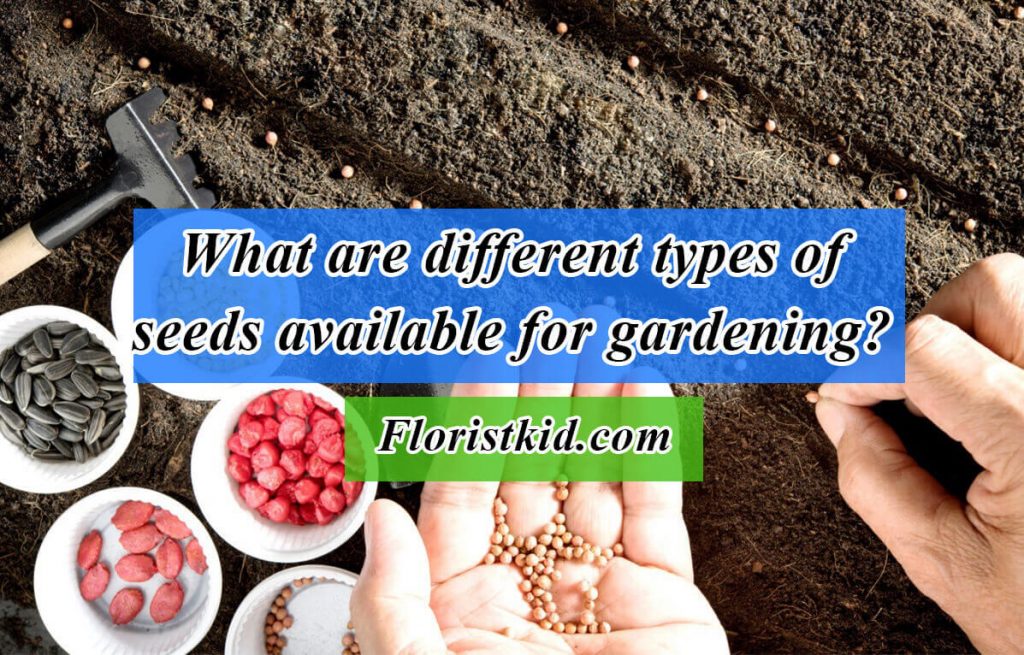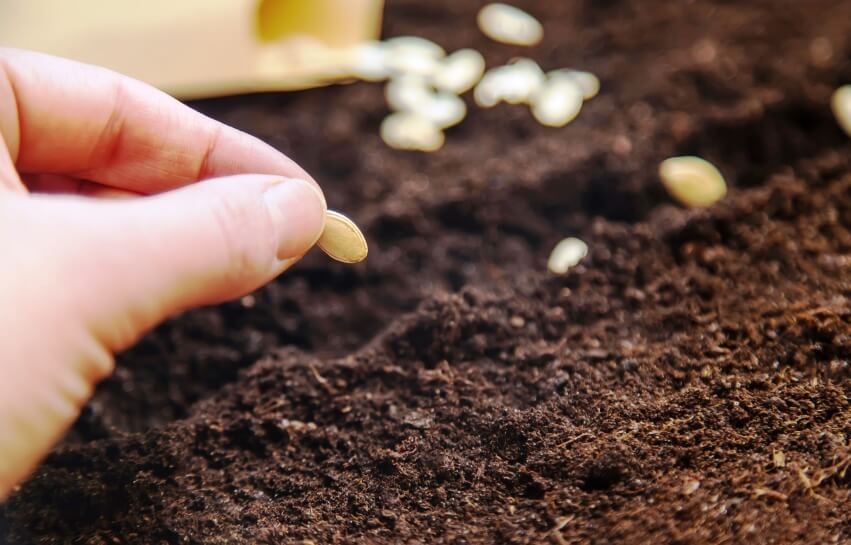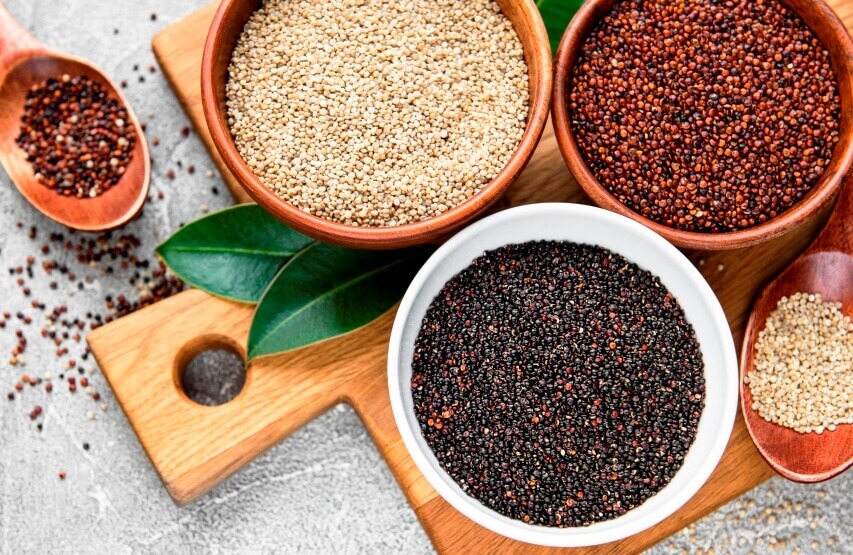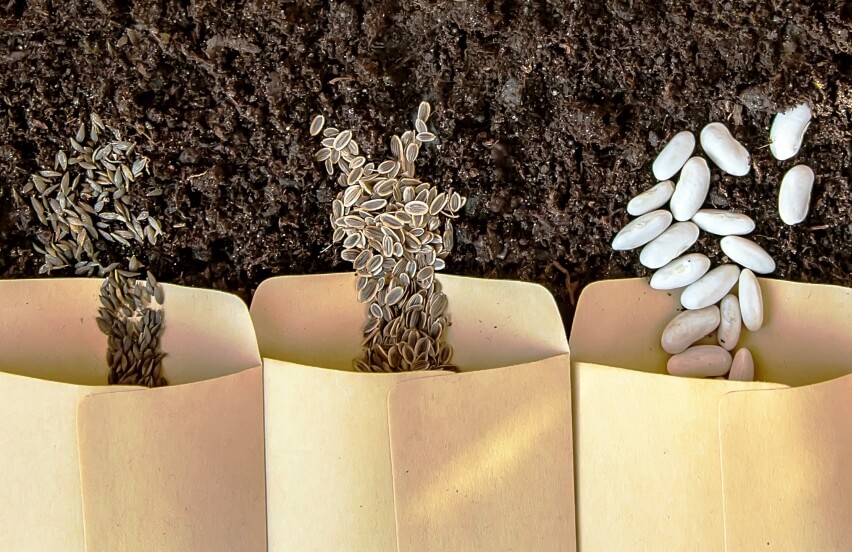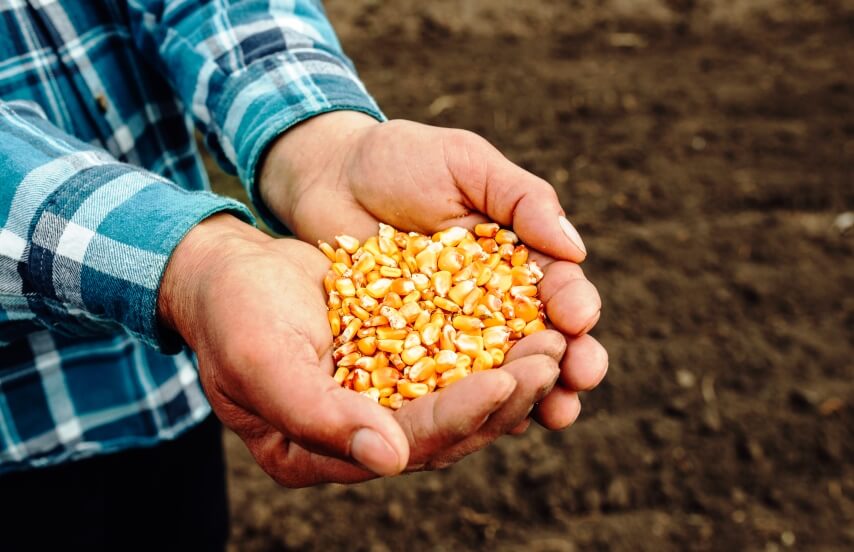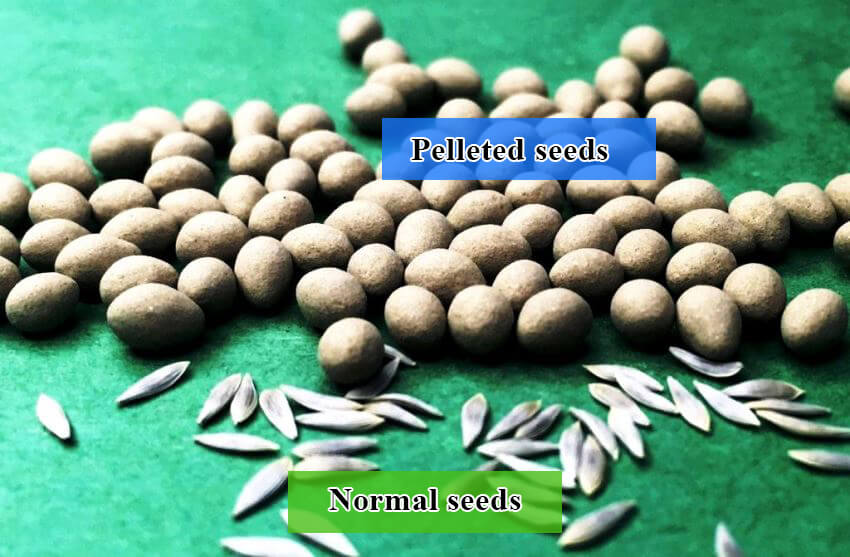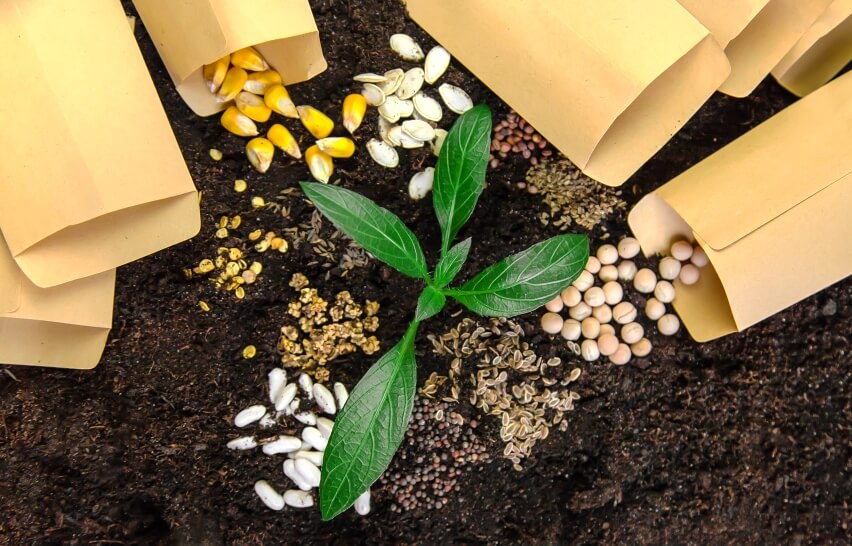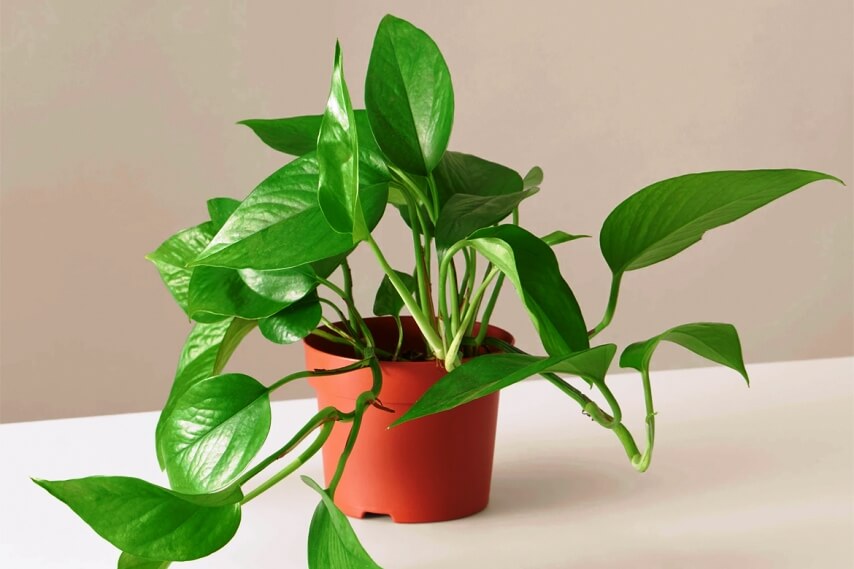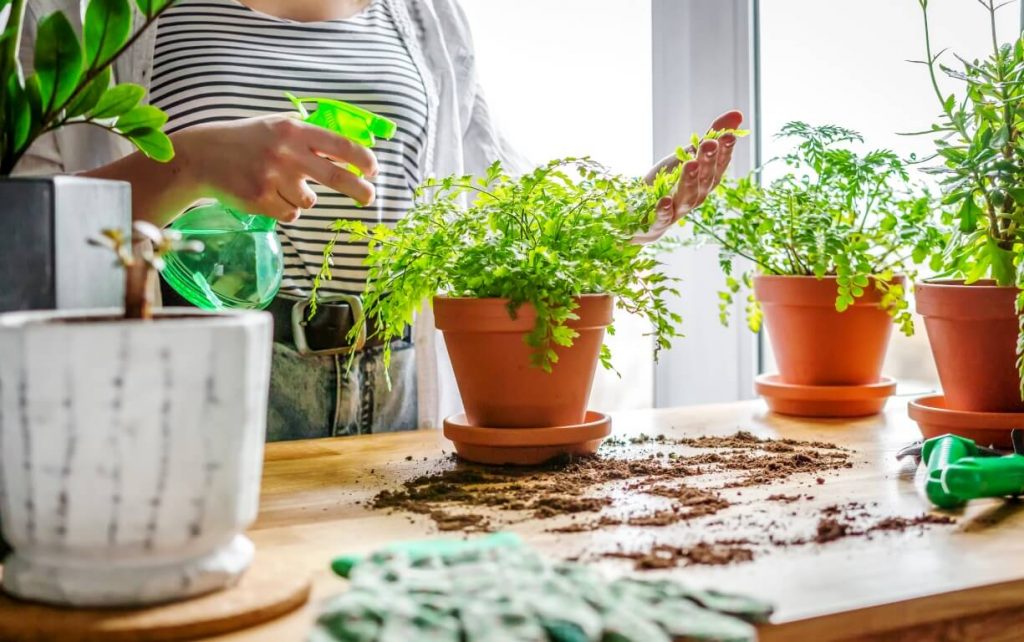Planting seeds in the garden is a challenging task. One of the most important things a grower can do is study as much as possible about the plant species’ life history, ecology, and habitat. However, before gathering all of this information, a gardener should decide on the types of seeds to utilize. There are various types of seeds available, and understanding the characteristics of each will assist gardeners in determining what to purchase and grow.
To address this problem, this article will examine the several types of seeds available for outdoor and indoor gardening.
Different types of seeds
Open-pollinated seeds
On seed packets, this type of seed is frequently labeled “OP.” These kinds of seeds come from plants that have been pollinated naturally, without the need for human intervention. They are spontaneously pollinated by the wind, insects, and even self-pollination.
Open-pollinated seeds are similar to plant purebreds; it means that they grow like the parent plant from which they came. Planting open-pollinated seeds will allow you to save seeds from your plants at the end of the season. Seeds that have been open-pollinated are great for preserving and replanting.
Heirloom seeds
Open-pollinated seeds kept for three generations or more are known as heirloom seeds. These types of seeds are naturally pollinated seeds (unlike hybrids), but they are seeds that have been selected from the healthiest plants with the most desirable traits to acquire distinctive properties such as excellent taste, huge yields, enormous fruits, or particular coloration and visual characteristics.
Heirloom seeds could also refer to kinds that have been around for more than 40 years. Open-pollinated heirloom seeds stay true year after year. Most gardeners choose this type of seed since it is resistant to illnesses; thus, no harsh pesticides are required for excellent harvests.
Notice: Heirloom seeds are not typically labeled on seed packets. Some will specify it, but others will simply write “OP” on the packet, so if cultivating heirloom seeds is essential to you, you may need to conduct some preliminary research on heirloom seed types.
Organic seeds
When the words “Organic” or “Certified Organic” appear on a seed packet or catalog, it indicates that the grower who produced the seed followed all of the USDA’s National Organic Program rules. Organic seeds were grown on ground that had not been exposed to chemical fertilizers or pesticides for three years, and there was no genetic engineering or sewage sludge used in the seed-producing process.
Hybrid (F1) seeds
On seed packets, hybrid types of seeds are frequently referred to as “F1.” “Filial 1” or “first children” is what F1 stands for. They are, in other words, the first generation of a hybrid seed that was pollinated by crossing two plant varieties. Hybrid seeds are cross-bred that have been purposefully bred by hand to produce offspring with desired characteristics from both parents.
It is possible to find hybrid seeds in nature. Natural hybrids can happen when bees pollinate two different plants. On the other hand, most hybrid seeds are purposefully cross-pollinated by breeders. Cross-pollinated seeds will inherit the finest traits from both parents, such as disease resistance and higher yields, which will increase marketability. Hybrid seeds are absolutely safe and organic (as long as their parents were raised organically and were not treated with anything), and flavor and nutrients are comparable to open-pollinated and heirloom plants. However, Hybrid seeds do not store well and must be purchased every growing season if you wish to grow the same type of plant with the same quality. Cross-pollination between organic plants is also possible, and the outcome is known as an organic hybrid.
Pelleted seeds
Some vegetable and flower seeds (such as carrot seeds) are so tiny that seed companies offer them coated in an inert substance like starch or clay. These kinds of hybrid or organic seeds are known as Pelletized seeds. Pelleted seeds are larger and heavier than regular types of seeds, making them less likely to be lost or blown away in the wind. Some pelleted seeds are also treated with fungicides to protect them from soil diseases. They are usually more expensive than conventional seeds, but they are simpler to plant.
Genetically Modified Seeds (GMO)
GMOs (genetically modified organisms) are creatures whose DNA has been altered by human intervention. There is no doubt that “improving” nature can help the food supply in various ways in the short term, but the long-term repercussions of genetically changing seeds are a hot topic of controversy. To make GMO Types of seeds, Genes from another species are put into a plant to produce offspring with the desired traits. However, there are also ethical concerns about modifying plants in this way.
Genetically modified seeds (GMOs) are seeds that you want to stay away from for many reasons, but the good news is that GMOs are not available to home gardeners. They are made (in a lab) for large, commercial, monoculture farms,
Conclusion
Consider what you want to plant to help you pick which seeds to buy. Although seed packs are inexpensive, purchasing the incorrect types of seeds can cost you more than you anticipated. Do you wish to cultivate organic vegetables, herbs, or flowers? Do you intend to keep seeds for future plantings? Are you looking for plants with specific traits? When it comes to selecting the perfect types of seeds for your garden, knowing what you want will lead you in the right direction.

